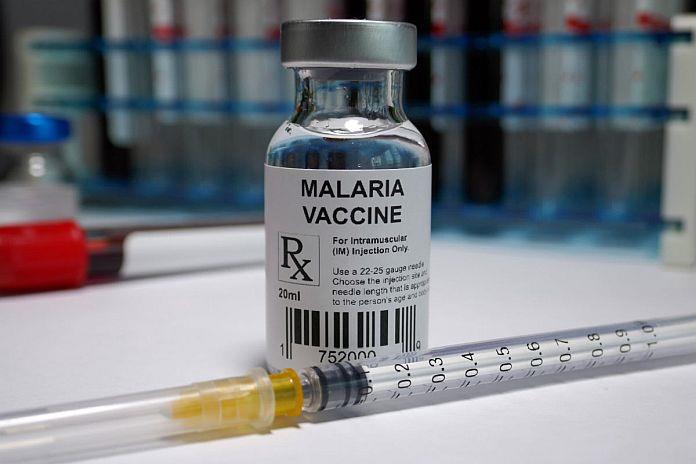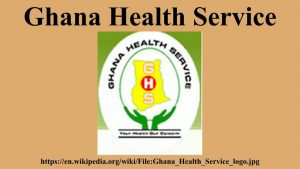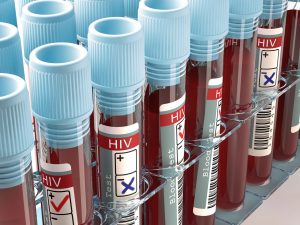The Ghana Medical Association, GMA, has called on the public to strictly adhere to all COVID-19 protocols in order to prevent the spread of the Delta variant.
GMA says the new strain is highly contagious, hence the caution.
This follows a comment by the Director General of the Ghana Health Service, Dr. Patrick Kuma-Aboagye, that Delta variant cases were only recorded at the Kotoka International Airport (KIA), and that there are no community infections yet.
Speaking to Citi News, the General Secretary of GMA, Dr. Justice Yankson, said it will be detrimental if Ghanaians let their guard down as a country.
“Due to the high rate of this particular strain [delta variant], it can affect a lot of people. We need to be very careful when it comes to our protocols. At this point, we don’t have to be losing our guard by way of adherence to the protocols and enforcement of same. As a country, we seem to be relaxing and there are also pockets of infections in some regions.”
Head of the West Africa Centre for Cell Biology and Infectious Pathogens (WACCBIP) at the University of Ghana, Professor Gordon Awandare, confirmed the detection of the Delta strain in Ghana.
But the Ghana Health Service (GHS) reacted to reports that the highly contagious strain of COVID-19 Delta variant has been detected in the country, explaining that the cases recorded are not community infections.
It said the cases were only reported at the Kotoka International Airport (KIA), and have not been transmitted publicly because all such positive cases were put under mandatory isolation.
“As of now, the country has detected six Delta variants of the SARS-CoV-2 (COVID-19 virus) from all samples taken between April and June 2021 at the ports of entry. No Delta variant has been detected from samples taken from cases in the community”, the GHS clarified in a statement.
Vaccination against Delta strain
Experts say although the AstraZeneca and Sputnik-V vaccines are effective, they are not suitable to fight the new strain.
There are those who have urged the government to consider the procurement of Pfizer vaccines to combat the new COVID-19 strains.
Professor Gordon Awandare said procuring the Pfizer vaccines puts the country in a better position to fight the new variant.
“If you look at the new variants that we have had (South African variant and the Indian variants) and look at the data from all the other countries, the Pfizer vaccine seems to be the one that is able to have a more reliable effect on these variants. In terms of all these levels of protection (deaths, hospitalization). So the Pfizer vaccine seems to do better against these new variants.”
Potency of AstraZenca and Sputnik-V
Touching on the country’s vaccination preparedness against the Delta variant, the GHS however rejected assertions that the current AstraZeneca and the proposed Sputnik-V are not efficacious to protect citizens against the high-transmissible Indian strain.
It said such claims are not backed by data.
The GHS cited the Public Health England (PHE) which has said two doses of the Oxford-AstraZeneca vaccine is highly effective against hospitalization due to the Delta variant and showed no deaths among those vaccinated.
Not only that, but it also mentioned a study conducted by Gamaleya Center which suggested that Sputnik-V is more efficient against the Delta variant of coronavirus, first detected in India, compared to other COVID-19 vaccines.
“On the issue of vaccines, reports that Sputnik-V and AstraZeneca vaccines are not effective against the Delta strain of SARS-Cov-2 (the virus that causes COVID-19) are untrue”, the GHS statement assured.






